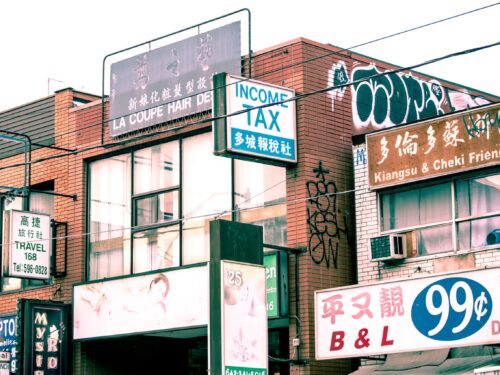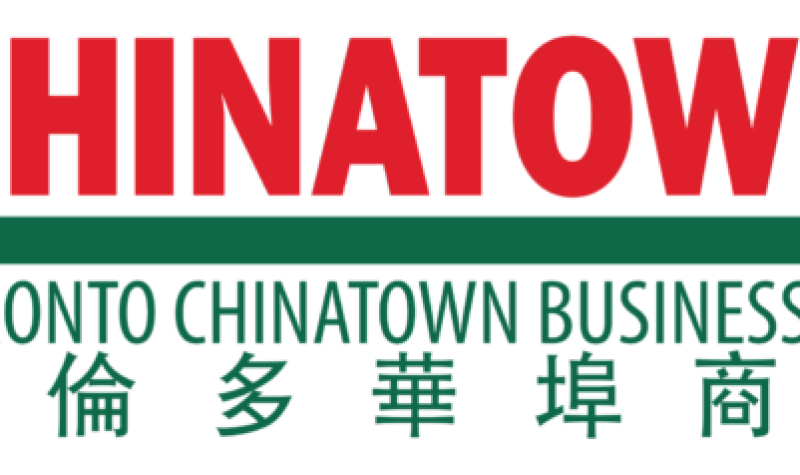By Karen Young
Last February, Chinatowns across Canada saw a decrease in business due to fears of COVID-19. The Toronto Chinatown Business Improvement Area (BIA) has seen many of Chinatown's small businesses adapt operations during the past year.
The Toronto Chinatown BIA is a not-for-profit agency that works closely with residents, community groups, other BIAs and the government in the local Chinatown community. The BIA aims to improve Chinatown and support its businesses. For example, they may give businesses easier access to services such as landscaping and pest control.
Tonny Louie, chair of Toronto Chinatown BIA’s board members, and Lucia Huang, project and event manager at Toronto Chinatown BIA, spoke with CJRU about how the small businesses and the organization have adjusted over the last 13 months.
According to Huang, less than 50 per cent of Chinatown’s businesses are deemed as an essential service. Many businesses in the Chinatown community have adjusted their business models and roughly one third of Chinatown’s businesses are restaurants. They are relying on take out services, with many working with delivery companies for the first time. Some retail stores in the BIA are struggling without an online store.
“We have been seeing some businesses start their online presence …so they have a little bit more income compared to zero,” says Huang.
“We’re also trying our best to help our business throughout the pandemic so we can reduce the harm as much as possible so we can recover fast together…” Huang added.
Chinatown BIA has been assisting in grant applications for their business such as digital transformation grants.
“We have around I would say, 20-25 successful applicants, on paper we have around 500 businesses, but not all of them are operating,” Huang said.
But grant applications are not always accessible to business owners in Chinatown as many application portals are in English. Chinatown BIA hired digital marketing coordinators to help business owners understand the grant process.
“After hiring these two summer students to help our businesses in their language, we got more attention, more responses from the businesses,” Huang says.

Toronto Chinatown BIA spoke about the pandemic's impact on local Chinatown businesses and how the community has adjusted over the last year. Photo credit: Nikhil Mitra via Unsplash
Huang shares that many businesses may return to their old business model.
“A lot of our businesses are serving the elderly…for them face to face, basic service is still required,” Huang explains.
Louie says there will still be a demand for in person shopping, as people enjoy comparison shopping and social interaction.
“People still need restaurants to interact, mingle, enjoy the good conversation…,” Louie said.
The past year has been a harsh reality check for many businesses.
“You really have to look at your life and say, should I continue to do this until I kick the bucket? Or should I just take it easy and enjoy my life? That actually puts a lot of thinking in people’s mind,” Louie added.
Huang gave some advice for those who want to support local businesses.
“Understand your community and support them when you can. Just buying a meal or shop local when you need something, try to see if you can get that in your community instead of buying from Amazon or other large supermarkets,” says Huang.
To hear more about about Toronto Chinatown BIA, listen to the interview below. This is the second story is a four-part series on the effects of global pandemic on the Asian community in Canada.


